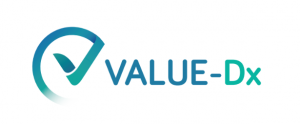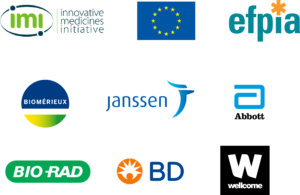WP5 is researching the funding models and health economics of diagnostics. What does exactly make these innovative diagnostics valuable and what are the barriers for healthcare providers and policy makers to start adopting them? These questions can only be answered using an interdisciplinary approach across disciplines such as microbiology, sociology, epidemiology, and economics; but it is also vital to combine the views from governmental organisations, industry, and academics.
WP5 comprises of seven tasks:
The task 5.1 team continues to work on preparing for the second Expert Advisory Panel meeting scheduled on 11 March 2021. This will provide expert input into the ongoing work on developing the economic models as well as other tasks in VALUE-Dx.
In task 5.2, we are focussing on updating the literature review on the economic modelling of diagnostics and therapies for infectious diseases, and on three scientific articles derived from the literature review (respiratory tract infections, gastro-intestinal infections, and sepsis).
Task 5.3 is collecting cost data from different sources to populate the economic evaluation models, which will be elaborated from the Prudence and Adequate trials.
Task 5.4’s focus is on the long-term value of diagnostics to prescribe antibiotics more appropriately and we are now working on antimicrobial resistance forecasts, which will allow the model to incorporate future trends and costs related to resistance.
Task 5.5 has reached deliverable 5.2 and we finalised the corresponding report on “HTA, Reimbursement and Pricing of Diagnostic Tests for CA-ARTI: An international overview of policies”. The next step will be the analysis of key facilitators and barriers for the adequate reimbursement of diagnostic tests for community-acquired respiratory infections.
Task 5.6 is continuing model development and validation. Task 5.7 will explore stakeholders’ views and experiences of supporting the adoption of new diagnostic tests in European community care to manage community acquired respiratory tract infections. We have identified stakeholders from different health care organisations, policy departments and diagnostic companies. Interviews will start in March 2021 and we aim to finish data collection by autumn 2021.



